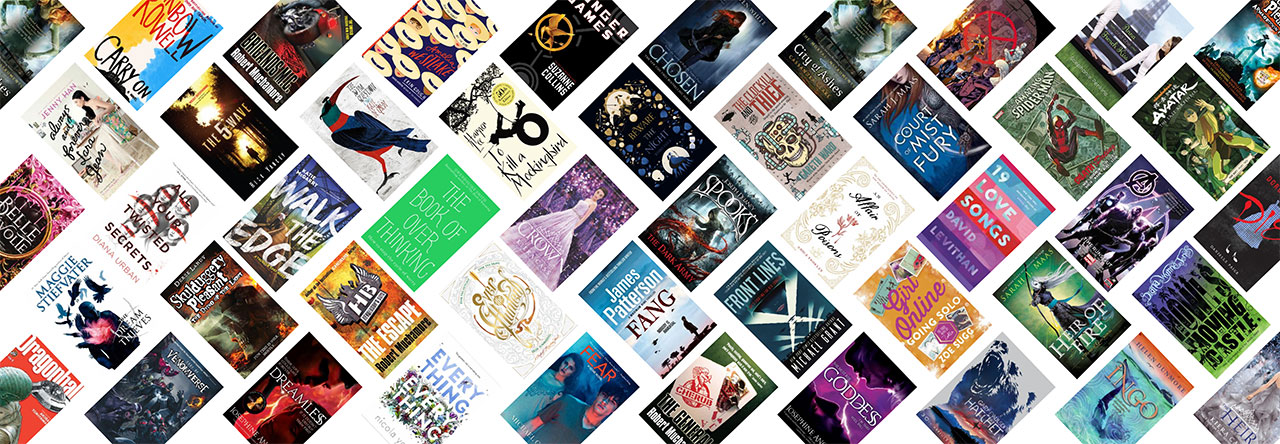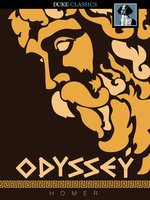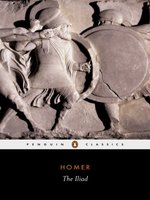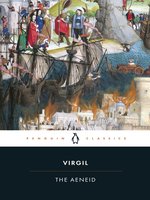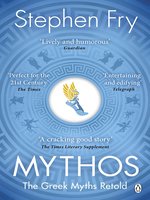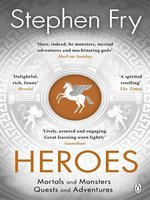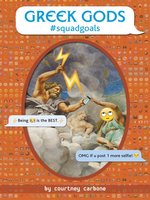So far in our From the Vaults series, highlighting the niftiest of nifty collections held primarily in the Central collection in Johnsonville, we’ve heard about LGBTQ+ manga and had a delicious expose on some of our favourite Māori authors. Did you know that the library also holds a huge collection of books in different world languages?
That’s right: we have everything from the usual suspects (français, español, Deutsch, 汉语) to the slightly more niche (Tiếng Việt, русский, Türkçe, Tagalog) to the even nichier still (αρχαία ελληνικά, Cymraeg, српски, עִבְרִית). All up, there are about 40 languages (other than English and te reo Māori) with significant chunks of shelf-space represented in our collection: a polyglot’s dream. Check out our World Languages master list to find out what we have and where.
Whether you speak a different language at home, are learning one for school, or are just a general language and linguistics nerd (we know you’re out there!), let us know what you want and the finest librarians in the land will scurry to the shelves, squint at the spines of the book, figure out whether what they’re looking at is Sinhalese, Tamil or Gujarati, and send the book of your desires to whichever of our 14 locations is most convenient to you. Sound sweet? Oh yeah, it is.
While you’re at it, why not check out our selection of language-learning databases? Duolingo is great, but your library card gives you access to a huge range of options — dive in now! You can also check out publications, newspapers and magazines in over 60 languages over on PressReader, and there are also heaps of resources available on OverDrive, both for foreign language study and, if you’re learning Chinese, a large amount of Chinese fiction and nonfiction for your delectation.
Now, this wouldn’t be a From the Vaults post without some recommendations. You’ll have to forgive me for selecting only from the languages I speak (Greek and Latin, really — I think you see where this is going) — let us know what languages you speak below, and we’ll see what we can find for you!
Collected poems / Cavafy, Constantine
As far as Greek poets from the modern era go, you can’t go past the extraordinary Egyptian-Greek poet C. P. Cavafy (Κ. Π. Καβάφης). This book is a collection of his complete works in Greek and English on facing pages, spanning several decades from the 1880s to the early 1930s. His work is almost indescribably sublime — by turns nihilistic and sparking with a manic energy; dreamily, hazily introspective and bursting from the page to club you around the head with its intensity. His explorations of queer love and romance are also to die for, and very much ahead of his time. Even if you don’t speak Greek, y’all should read this, like, yesterday. Here’s a sample to whet your poetic appetite; a ghostly evocation of a city and a mind in sympathetic ruin:
You won’t find a new country, won’t find another shore.
This city will always pursue you.
You’ll walk the same streets, grow old
in the same neighborhoods, turn gray in these same houses.
You’ll always end up in this city. Don’t hope for things elsewhere:
there’s no ship for you, there’s no road.
Now that you’ve wasted your life here, in this small corner,you’ve destroyed it everywhere in the world.
—
Καινούργιους τόπους δέν θά βρείς, δέν θάβρεις άλλες θάλασσες.
‘Η πόλις θά σέ ακολουθεί. Στούς δρόμους θά γυρνάς
τούς ίδιους. Καί στές γειτονιές τές ίδιες θά γερνάς
καί μές στά ίδια σπίτια αυτά θ’ ασπρίζεις.
Πάντα στήν πόλι αυτή θά φθάνεις. Γιά τά αλλού – μή ελπίζεις –
δέν έχει πλοίο γιά σέ, δέν έχει οδό.
Έτσι πού τή ζωή σου ρήμαξες εδώστήν κώχη τούτη τήν μικρή, σ’ όλην τήν γή τήν χάλασες.
— From C. P. Cavafy, “The City.” (1894)
Three classical poets : Sappho, Catullus and Juvenal. / Jenkyns, Richard
Okay, you knew from the general nerdy tone of this post that we’d end up in classical territory eventually. And this book bears the distinction of preventing three of the coolest classical poets in their original languages with some pretty dazzling English translations alongside. Sappho, of course, wrote in Greek and was one of the earliest known female poets whose work has survived to the present day. And oh boy, has it survived — her work is vital, breathless, exciting and alluring. Catullus and Juvenal both wrote in Latin — the former is probably the sassiest poet ever to have lived (and also one of the most soul-bendingly gorgeous lyrical poets as well), while the latter delighted in satire — his subject was The Human Experience. There’s plenty to enjoy with these three poets — scoop them up now for your reading pleasure!

